Hyderabad has emerged as a frontrunner in real estate growth among India’s major cities, according to the India Prime City Index report by Knight Frank India. The report highlights that Hyderabad has recorded an impressive 10% compound annual growth rate (CAGR) in residential launches over the past decade. This growth, coupled with an 11% increase in housing prices in 2023, reflects the city’s growing attractiveness to both investors and homebuyers.
The report also evaluated six prominent Indian cities, Hyderabad, Bengaluru, Mumbai-MMR, Delhi-NCR, Ahmedabad, and Chennai, across various growth parameters including real estate, socio-economic development, physical infrastructure, and governance.
Hyderabad’s Real Estate Growth
Hyderabad's real estate market stands out for its consistent and significant growth. The city has maintained the highest growth rate of residential launches in India, with an impressive 10% CAGR. Over the past decade, the city’s growing infrastructure investments, particularly in transport, have further driven the expansion of the real estate market. The development of metro systems, expressways, and improved road networks have played a vital role in making the city an attractive destination for residential property buyers. This robust connectivity has made it easier for residents to commute, thereby adding to the appeal of living in the city.
Hyderabad's real estate growth has been further fueled by its burgeoning reputation as a business and technology hub. The city is home to numerous IT parks, special economic zones (SEZs), and business hubs, attracting professionals and entrepreneurs from across the country. With a mix of affordable and luxury housing options, the city caters to various segments of the market. Moreover, Hyderabad has also been a key destination for real estate investors due to its lower land acquisition costs compared to other major cities.
Real Estate Growth Rankings:
- Hyderabad
- Bengaluru
- Mumbai-MMR
- Delhi-NCR
- Ahmedabad
- Chennai
Bengaluru’s Socio-Economic Leadership
While Hyderabad excels in real estate growth, Bengaluru has emerged as the leader in socio-economic development. Bengaluru is widely known as the country’s tech capital, and its vibrant service sector has attracted professionals from across India and the world. This influx of talent has contributed to the city’s rapid growth and prosperity.
Bengaluru ranks highest in workforce participation, with a staggering 76% of the population engaged in various employment sectors. It also boasts the lowest unemployment rate (1.8%) among the six cities analyzed. This signifies a stable and growing economy, with a broad base of employment opportunities. Despite some recent challenges faced by the start-up ecosystem, Bengaluru’s economy remains resilient, supported by its strong service sector, including IT, healthcare, education, and research.
Socio-Economic Rankings:
- Bengaluru
- Hyderabad
- Mumbai-MMR
- Chennai
- Delhi-NCR
- Ahmedabad
Mumbai-MMR’s Balanced Performance
Mumbai-MMR continues to hold a significant position in the Indian real estate market, ranking third in real estate growth. As the financial capital of India, Mumbai's real estate sector has remained one of the most consistent in terms of demand. While its growth rate in residential real estate lags behind that of Hyderabad and Bengaluru, Mumbai's established infrastructure and strong economic base continue to support the city’s real estate market.
Mumbai-MMR maintains steady growth across various metrics. The city’s diverse commercial activities, including its dominant position in finance, media, and entertainment, ensure a sustained demand for residential and commercial spaces. This stable demand, combined with limited land availability, ensures that property values in Mumbai-MMR remain high.
Delhi-NCR’s Infrastructure and Governance Strength
Delhi-NCR stands out for its exceptional infrastructure and governance, securing the top spot in physical infrastructure rankings. The Delhi Metro, which spans over 350 kilometers and serves 6.8 million passengers daily, is a key highlight of the city’s well-developed public transport network. Other significant infrastructure projects, such as the Eastern Peripheral Expressway, are further enhancing connectivity and reducing traffic congestion in the National Capital Region (NCR).
Infrastructure Rankings:
- Delhi-NCR
- Hyderabad
- Mumbai-MMR
- Bengaluru
- Ahmedabad
- Chennai
In addition to infrastructure, Delhi-NCR excels in governance, particularly through its e-governance initiatives. The Delhi Government Services Portal has streamlined access to public services, improving efficiency and user experience. The region's commitment to improving its governance infrastructure contributes significantly to the quality of life for its residents.
Governance Rankings:
- Delhi-NCR
- Hyderabad
- Ahmedabad
- Mumbai-MMR
- Bengaluru
- Chennai
Comparative Analysis of Indian Cities
The report provided a comparative analysis of the six cities based on their performance across different parameters:
- Hyderabad: Leads real estate growth with a 10% CAGR in residential launches and 11% housing price increase in 2023, driven by strong infrastructure and business hub expansion.
- Bengaluru: Tops socio-economic parameters with 76% workforce participation and 1.8% unemployment, supported by its booming IT and service sectors.
- Mumbai-MMR: Steady real estate demand despite slower growth, bolstered by its position as India’s financial capital and a hub for media and entertainment.
- Delhi-NCR: Excels in infrastructure with the 350 km Delhi Metro, Eastern Peripheral Expressway, and strong e-governance via the Delhi Government Services Portal.
- Ahmedabad and Chennai: Perform steadily but lag behind in growth, with moderate progress in real estate and infrastructure development.
Hyderabad's strong growth in real estate and Bengaluru's leadership in socio-economic development highlight the unique strengths of Indian cities. As these cities continue to grow, their focus on improving housing, infrastructure, and governance will play a key role in shaping India's future.

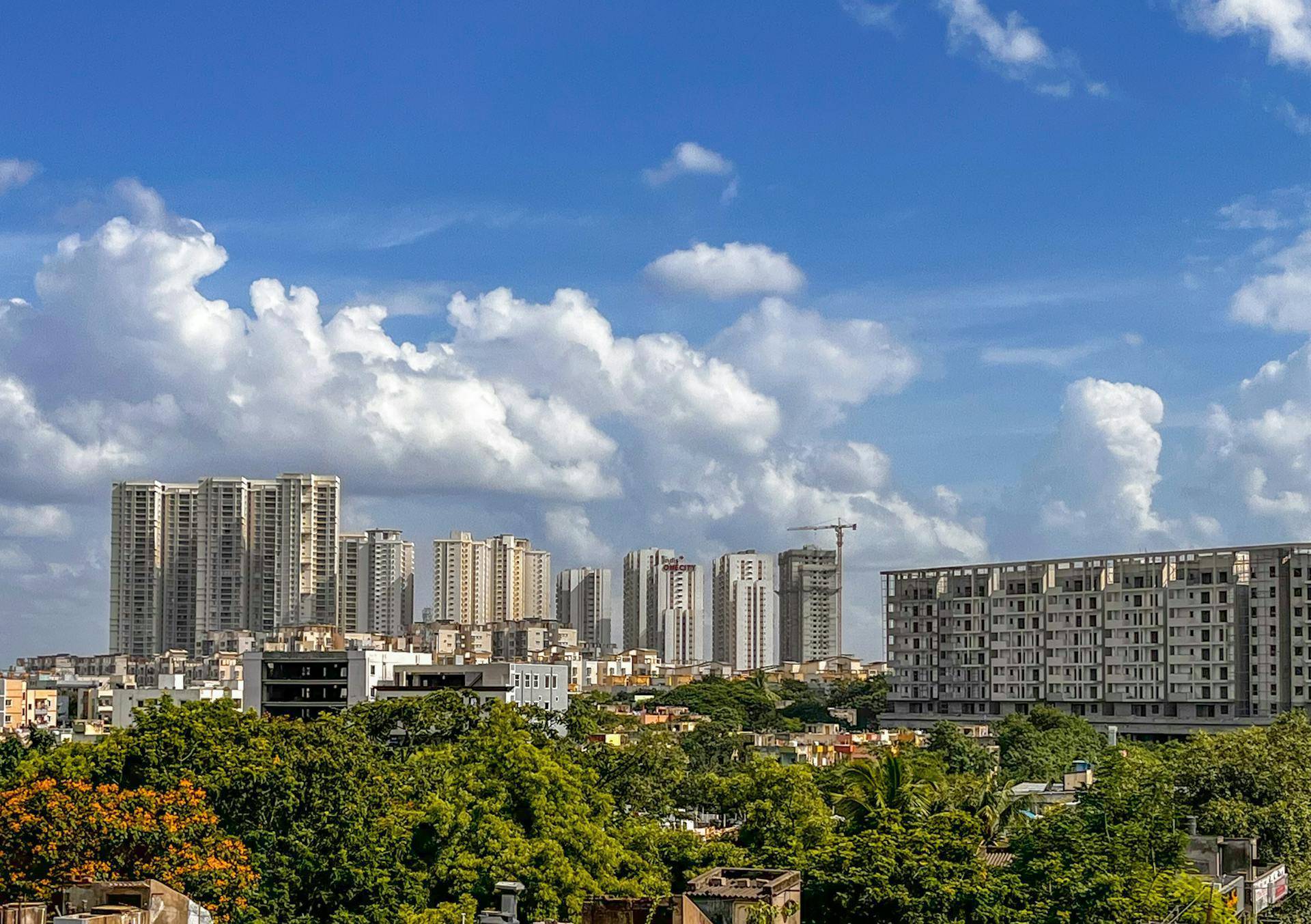
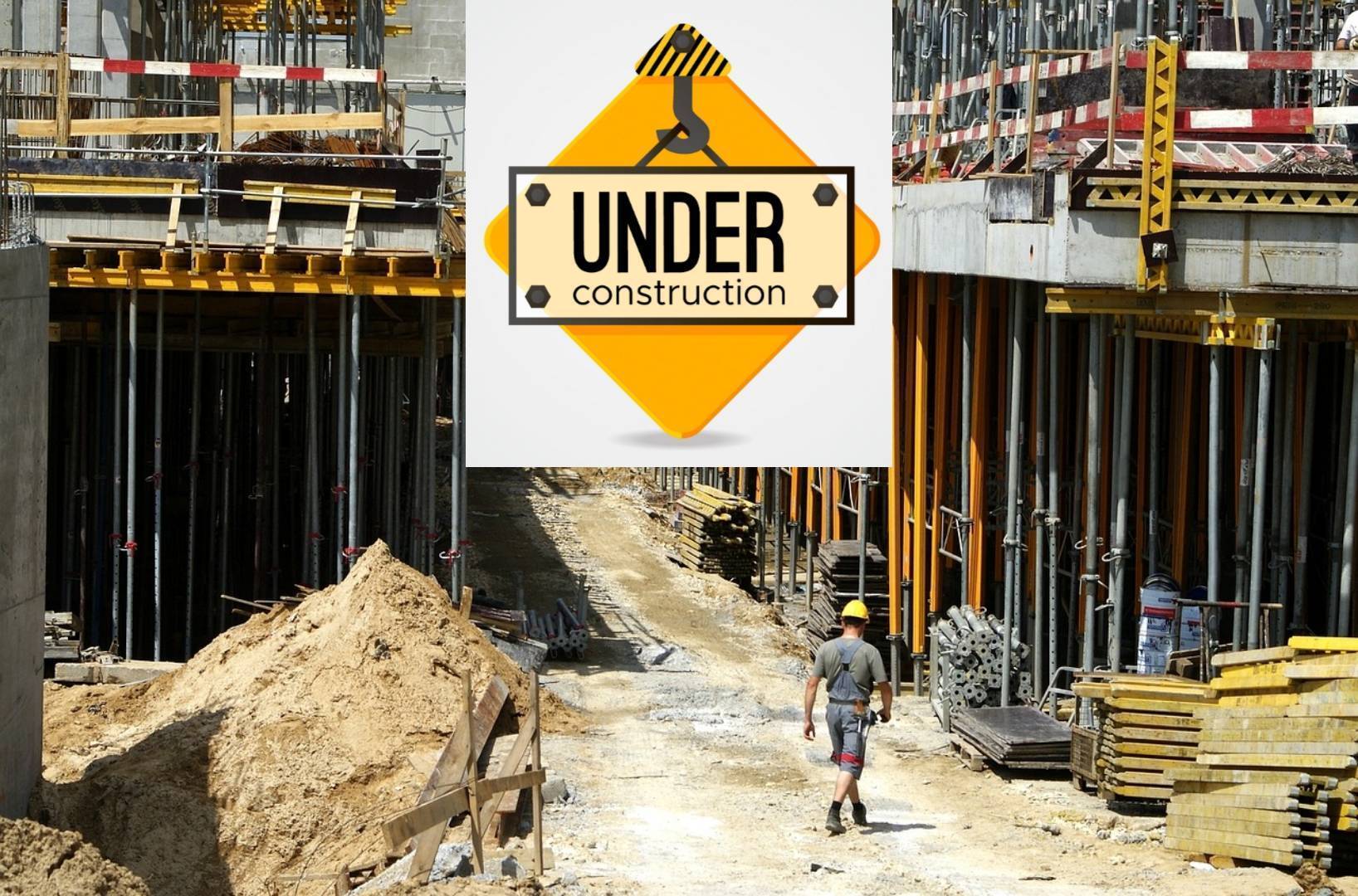
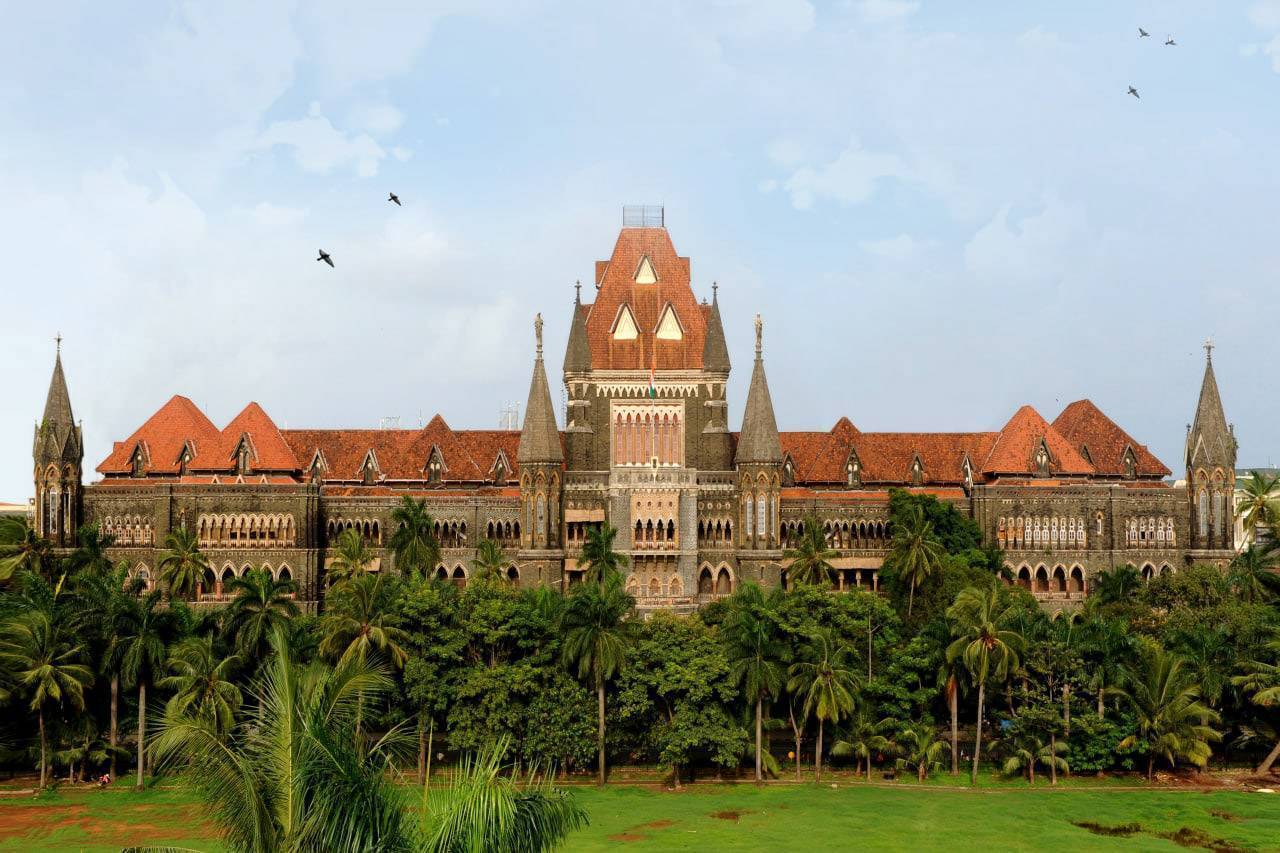
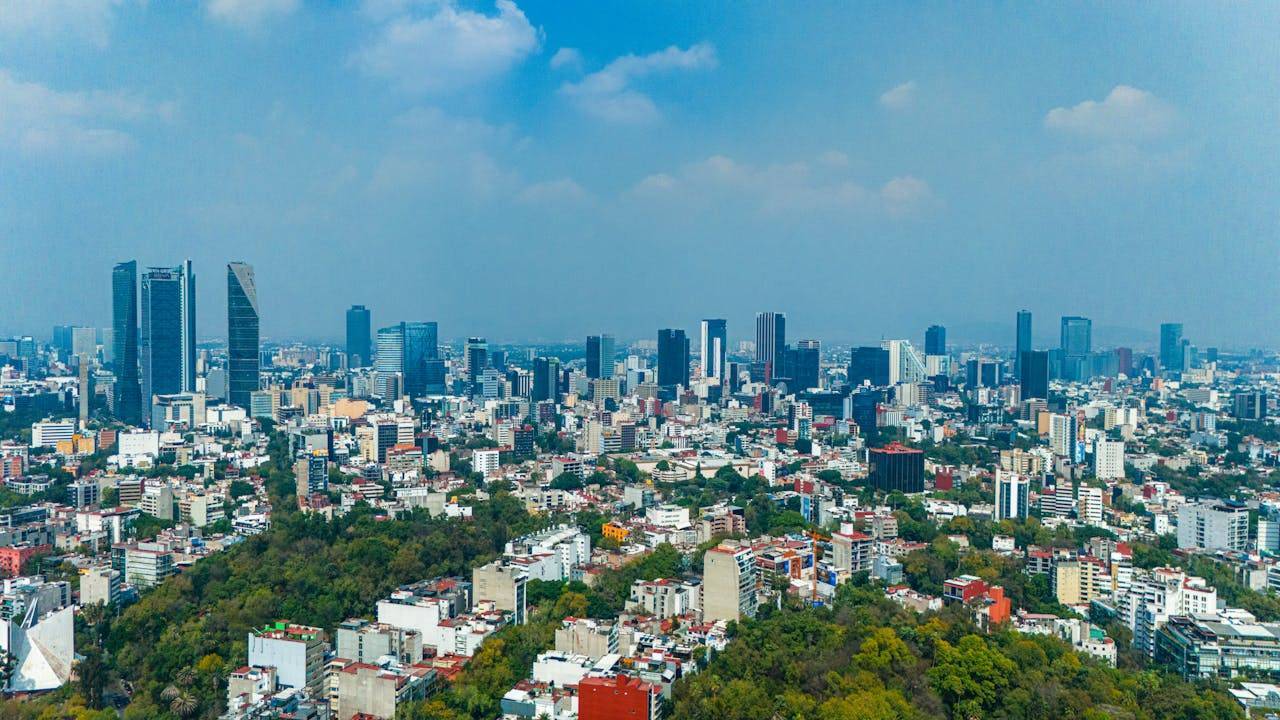

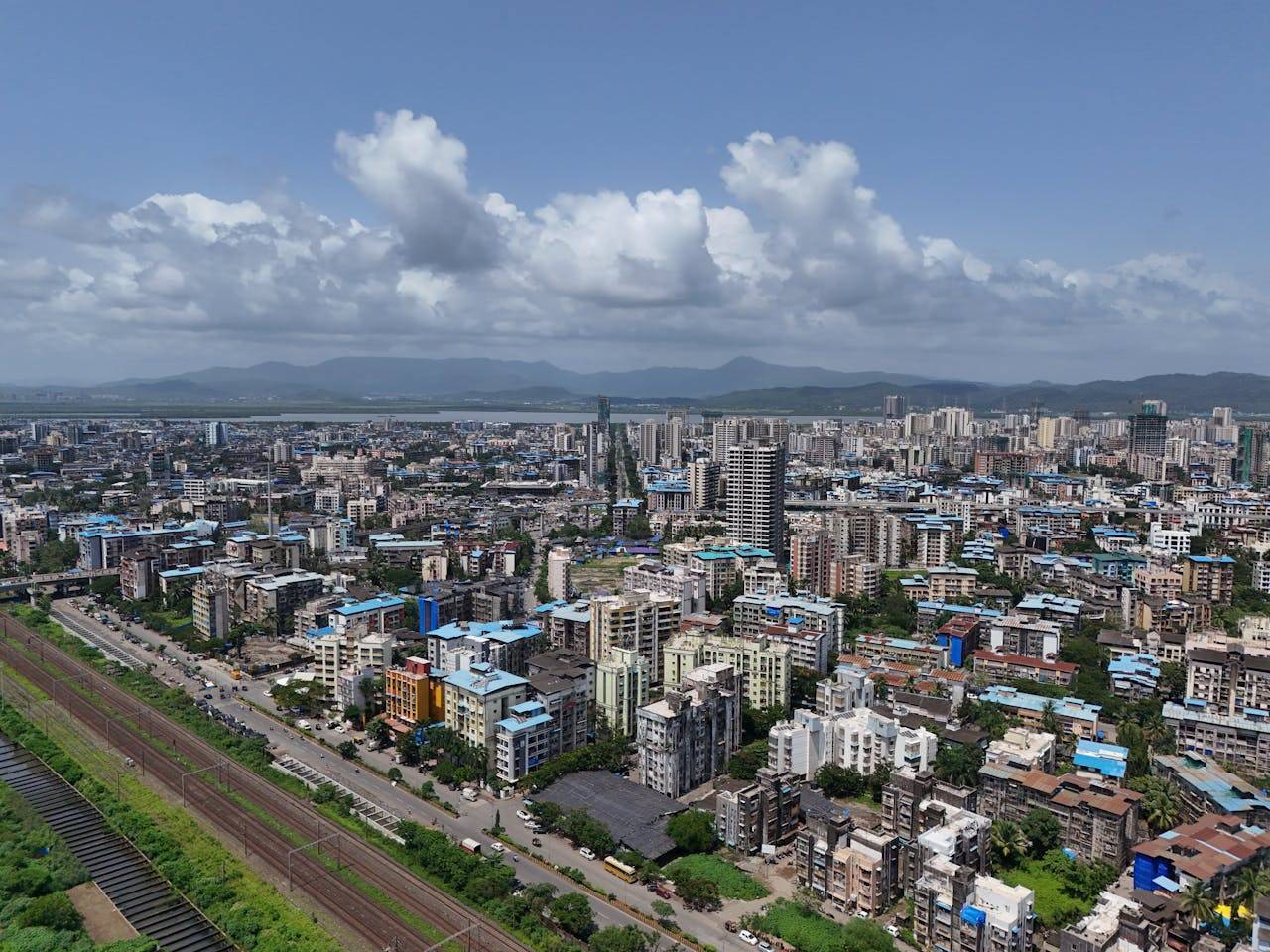

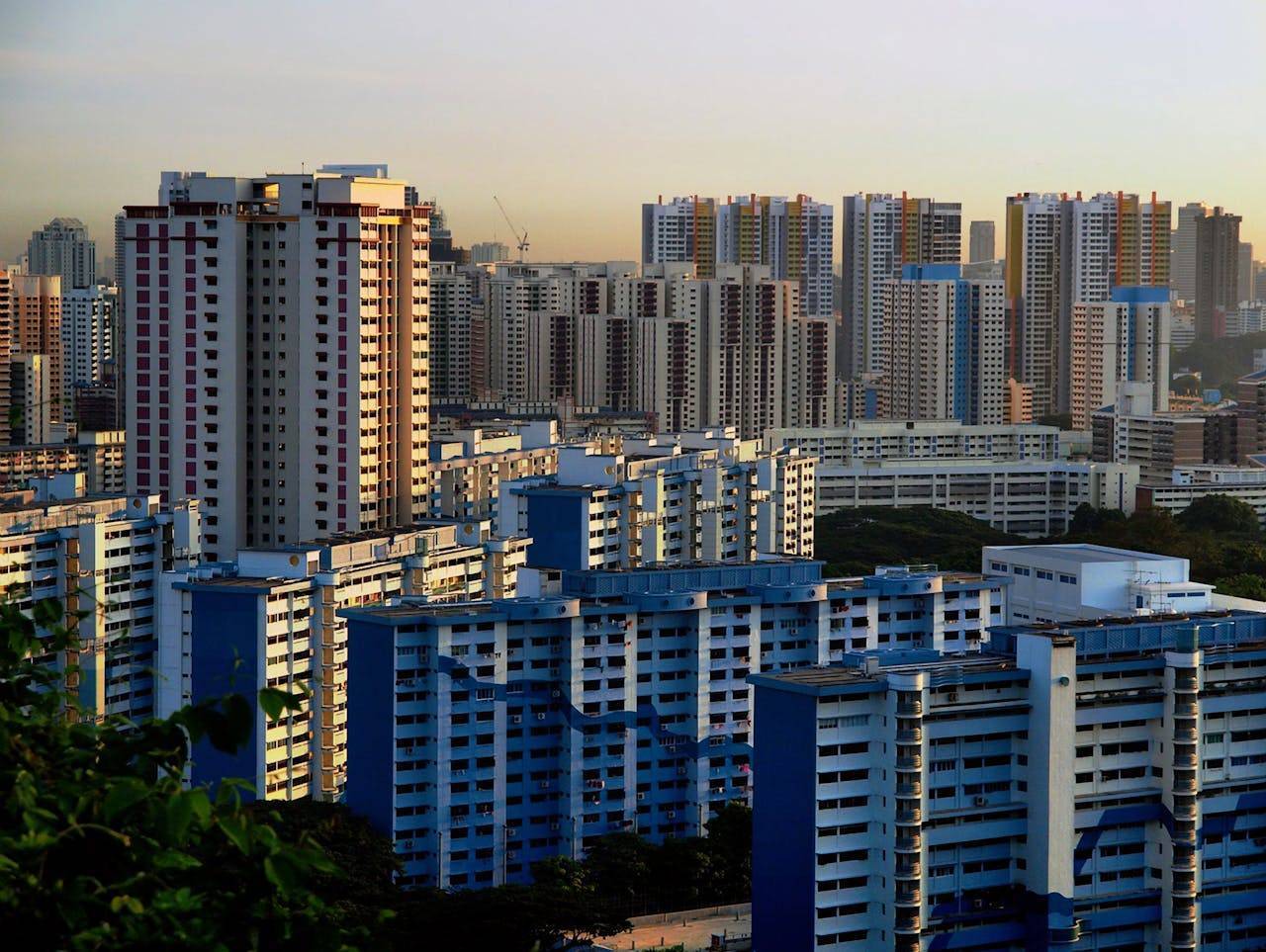
.png)